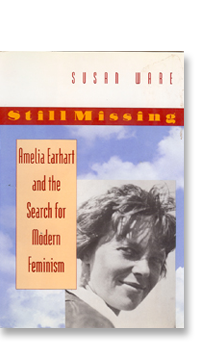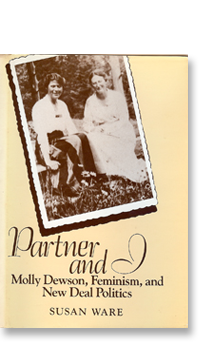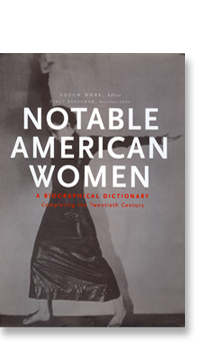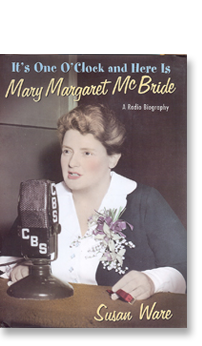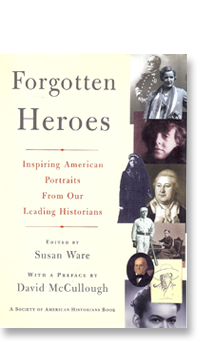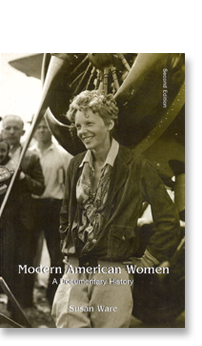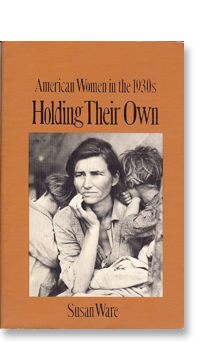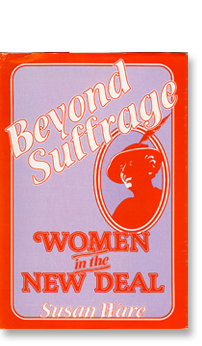Susan Ware
Books
Beyond Suffrage: Women in the New Deal
(Harvard University Press, 1981)
The New Deal administration of Franklin Roosevelt offered unprecedented access to power to a talented group of women who flocked to Washington in the 1930s. Held together by their shared attitudes towards feminism and social reform, the women participated in an extensive network that combined friendship and social activism. Spearheaded by Eleanor Roosevelt, Molly Dewson, and Frances Perkins, the women's network had its greatest impact on the development and implementation of the New Deal's social welfare policies and on Democratic party politics.
"The story it has to tell is a new and compelling one that should interest a wide variety of American historians, including those working in women's history, twentieth-century political history, as well as the history of social welfare legislation."
Kathryn Kish Sklar



